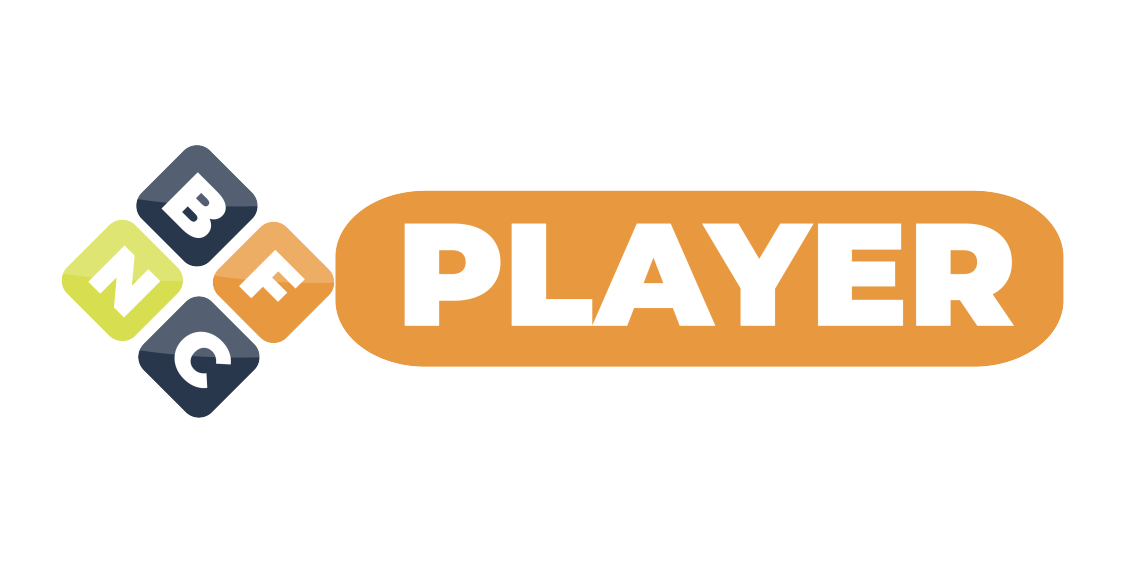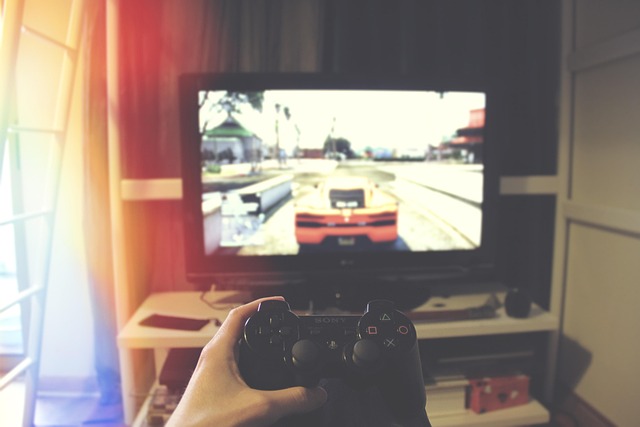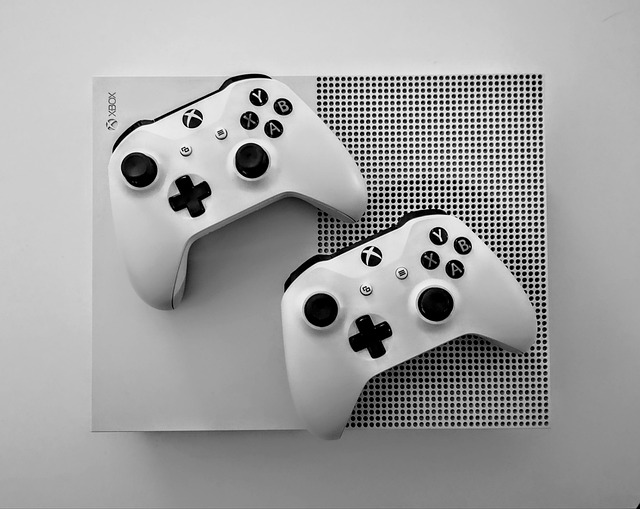Poker Strategies BFNCPlayer: The Tactical Blueprint
1. Positional Discipline
Position is everything. Never forget:
Late position (button, cutoff) is power—play more hands, extract more value. Early pos (UTG, UTG+1, MP) requires strict hand selection—fewer speculative calls, more folds. Always track relative position, especially after table breaks or as the blind level rises.
Discipline in position is the difference between luck and consistent value.
2. Range Construction and Exploitation
Advanced players don’t fixate on a specific hand—they read ranges.
Build your open, calling, and 3bet ranges for each position before play. Don’t improvise insession. Observe showdowns: note which hands players actually reveal from which spots. Adjust ranges vs. tight or loose tables: expand to take dead money, tighten if everyone’s playing every hand.
Poker strategies bfncplayer include not just knowing your range, but adapting it—session by session.
3. Bet Sizing: Control the Pot and Tell a Story
Static bets make you readable; random sizing burns chips. Instead:
Openraise 2.2x–3x BB (preflop) for value and consistency Cbet about 60–70% of the pot on dry boards, 30–50% on wet or scary streets Overbet the pot on rivers where your story makes sense—especially when representing missed draws
Every sizing should tell a disciplined, consistent story that pressures opponents.
4. Aggression Beats Passivity
Never just call unless there’s a clear value reason (multiway, trapping the table nit).
Aggressively 3bet light vs. frequent openers, especially if stacks are deep. Use checkraises on drawheavy boards—put the tough decisions on others. Float the flop and attack weak turn checks; take pots where opponents’ range is capped.
Inaction is a leak. Poker strategies bfncplayer are sharp: aggression creates decision points, and decision points cause mistakes.
5. Bankroll and Session Management
Money discipline is as critical as table skill:
Never risk more than 1–2% of your bankroll on a single cash game or MTT buyin. Quit when focus fades—stoploss discipline trumps “winning it back.” Track all results; review big wins and bigger losses dispassionately to cut emotional bias.
Emotional tilt kills more poker dreams than any bad beat.
6. Reading and Reverse Reading
Log physical tells: nervousness, timing, chip noise, breathing, bet speed. Bet pattern recognition is more valuable online—watch for instant bets, sizing tells, and snap calls. Play the player: know who’s folding to aggression, who’s always seeing flops, and who bets big only with the nuts.
Don’t just hunt tells—use reverse tells to manipulate weaker opponents.
7. Adapting to Table Dynamics
Don’t autopilot a “tight” or “loose” style—shift gears as table changes. Exploit stack sizes: pressure short stacks, avoid marginal spots against monsters. Target the weakest players, not the best. Extraction is discipline, not ego.
Poker strategies bfncplayer are fluid, not static.
8. Advanced Bluffing
Only bluff credible boards—prefer when you block strong draws yourself. Target thinking players, not calling stations. Multistreet bluffs: escalate only with outs to improve or when you can represent very strong hands.
Bluffing is not gambling—each one is controlled, justified, and supported by table reads.
9. Value Betting Like a Pro
Don’t get fancy if they’ll pay off—bet your good hands for value and force mistakes.
Size up against fish (they’ll call anything). Use smaller bets to get crying calls from capped ranges or paired boards. Adjust value range based on opponent—thin value works best against disciplined but weaktight players.
10. Never Stop Studying
Review hand histories and mark tough spots. Watch highlevel streams or final table replays—not just for hands, but for flow and psychology. Join disciplinedriven communities; feedback is the fastest route to edge.
The Poker Mindset—Tilt Resistance Is Your Real Skill
Accept variance. Wins and losses are inevitable—process over result. Take breaks. Long hours burn even pros; fresher minds see value. Log hands, review patterns, celebrate discipline over “big” hands.
Common Pitfalls (and the Fixes)
Chasing draws without odds—run the math, don’t hope. Playing too many hands out of position. Leveling wars: Don’t outthink yourself vs. unthinking opponents.
Security and Table Discipline
Don’t share account info—multiaccounting is a ban risk. Use strong passwords for all online play; update regularly. Mute distraction—notifications, side chats, TV—every distraction is a costly leak.
Final Word
Real poker growth isn’t flashy; it’s relentless, spartan repetition and review. Poker strategies bfncplayer means positional discipline, controlled aggression, bankroll management, and always working the edge between predictability and chaos. Every session, every hand, is a training ground for sharper moves and better decisions. Get disciplined, stay adaptive, and the longterm results will follow. Chips—and respect—go to those who play smarter, not just harder.


 Founder
Founder

